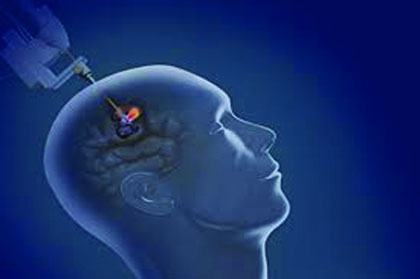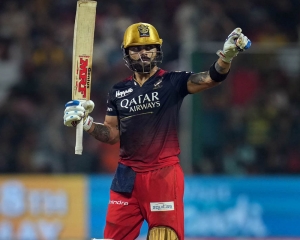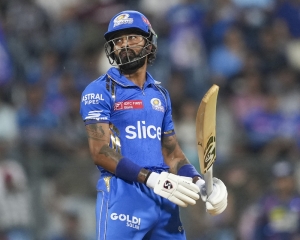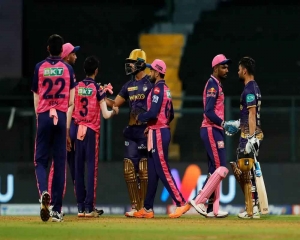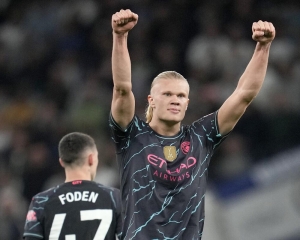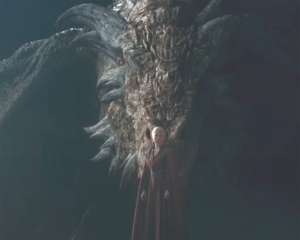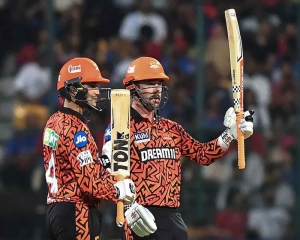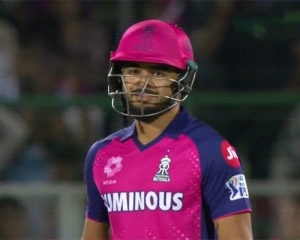India can be regarded as the pioneer of surgery, with Sushruta describing neurosurgery in his writings of 600 BC. More than 2,500 years later, neurosurgery has acquired great significance in India as it holds one-sixth of the global populationwhile also having one of the highest accidents rates, road fatalities accounting for 16.6% of all annual deaths — the sixth biggest cause of deaths in the country. Given its prevalence rate of 2,400 per lakh people, the burden of neurological ailments hangs heavily in India. Particularly for cases requiring surgery, the advance of novel neurosurgery techniques is critical. Unlike the early 1980s, when facilities were not up to the mark for treating infectious/trauma cases, the scenario has changed completely during the last three-odd decades.
Best-in-Class
Today, endoscopic neurosurgery, functional neurosurgery, microsurgery, radiosurgery, endovascular neurosurgery, computer-assisted neurosurgery and complex, minimally-invasive surgeries can all be performed in state-of-the-art neurosurgical units. Be it 3T MRI or 320 slice CT scans, biplane 3-D rotational DSA labs or video EEG monitoring units, these are all available at modern hospitals in metro cities. The operating rooms have world-class intraoperative MRIand monitoring, neuro-navigation, advanced fluorescence microscopes and endoscopy equipment, among others.
These latest techniques, which include the molecular profiling of tumours, are all available in India. As a result, even for the most complex procedures, patients no longer need to travel abroad to get treated since the best surgeons and facilities are available within national borders.
Having said that, standards in rural regions leave much to be desired, although almost 70% of the people residethere. Therefore, public and private stakeholders need to join hands in ensuring the same world-class tools and techniques are replicated in the rural zones, especially in public hospitals.
Driving Better Outcomes
Backed by global-standard neuro-diagnostic, neuro-radiology and neuro-intensive care facilities, the treatments available in India match those of leading hospitals worldwide, achieving the best outcomes in neurological disease management. Be it a wide range of neurological ailments like epilepsy, coma, stroke, brain tumours, nerve injuries, neuropathies, myopathies, multiple sclerosis, Parkinson's disease, Myasthenia Gravis and more, all can be treated most efficiently in India — at one-fourth the cost of foreign institutions.
It needs to be acknowledged that neurosurgery is not all about individual skills. The emphasis has shifted to the availability of best-in-class infrastructure. The advances in computer-guided and robotic surgery mean the chances of errors by neurosurgeons are being minimised to a great degree.
Together with artificial intelligence and machine learning, neuro navigation is poised to wholly transform neurosurgery. As and when neuro navigation is deployed for neurological procedures, it will virtually eliminate manual errors, compress operating time and make minimal-access surgery with precision a reality.
The writer is Dr Suheer Tyagi Senior Consultant Neurology at Indraprastha Apollo Hospitals













